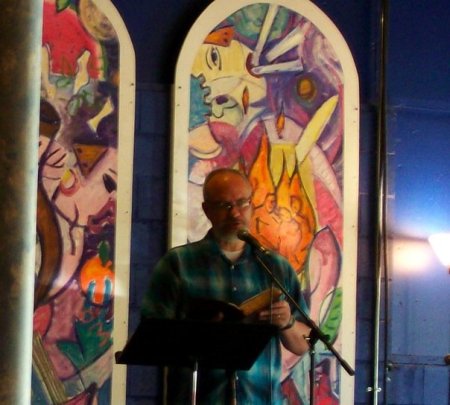Trigger warning: This post is about suicidal thoughts and hopelessness. If you are currently struggling with suicidal thoughts, please reach out to someone at one of the hotlines we have posted here.

I had all but given up. I mentally cataloged the various prescription and over-the-counter pills in my medicine cabinet. There were enough to end my hopelessness forever. I truly believed my one-and-a-half-year-old son and my long-suffering husband would be better off without me.
I saw no other way to escape this deep depression that had engulfed me for what seemed like forever. I had tried everything—academic accolades, career, marriage, counseling, antidepressants, alcohol, exercise, motherhood, even religion—but nothing pulled me from my pit of misery. Near-constant tears were destined to drown me if I didn’t kill myself first.
I credit God for stopping me from following through that day. His Word says, “The angel of the Lord encamps around those who fear him, and he delivers them.” Psalm 34:7. His word did not fail me when an angel stopped my hand from a dreadful mistake.
“For no word from God will ever fail.”
Luke 1:37.
When a friend learned of the depths of my despair, she invited me to a women’s Bible study. It had been a long time since I had engaged in any formal study of the Scriptures. I was nervous because I felt certain they would see me for the fraud I felt I was.
But those ladies didn’t judge me or tell me I just needed more faith. Instead, they loved me and lifted to God my simple prayer: “I just don’t want to be depressed anymore.” It took me over a month to whisper that prayer request, but it didn’t take Jesus long to answer it.
The answer came in a most unlikely way—through a dream.
I had been harboring bitterness toward a number of people who had harmed me, but the worst offender was the boy who had raped me when I was only 14. I had often said that he ruined my life. One night I dreamed I was going about my ordinary life, buying groceries, taking bills to the Post Office, and depositing a check at the bank. As I completed each errand I turned to find my attacker, down on his knees, asking me to forgive him. Each time I brushed past him, refusing to accept his apology.
I awoke from that dream with the knowledge that forgiveness would set me free. Yet I knew I could not do it alone. I sat on the edge of my bed and prayed for God’s help to forgive all those grudges I had recorded in my heart. Cleansing tears streamed down my face as I poured out my prayer to Jesus.
That very hour I felt something was different. The darkness had been lifted and the light of hope streamed in. That was over twenty years ago and although I can still be a bit melancholy, I have never again felt the deep and abiding hopelessness that tried to lure me to the medicine cabinet.

Your sister in Christ, Linda










